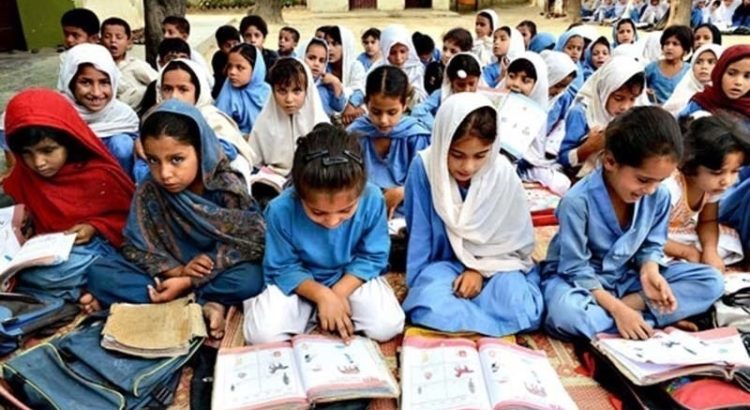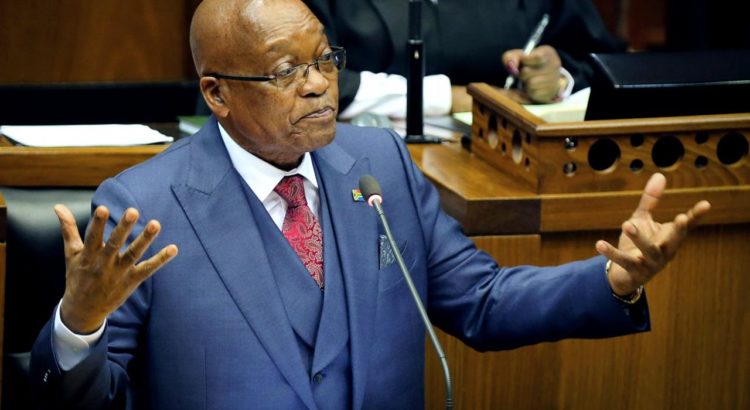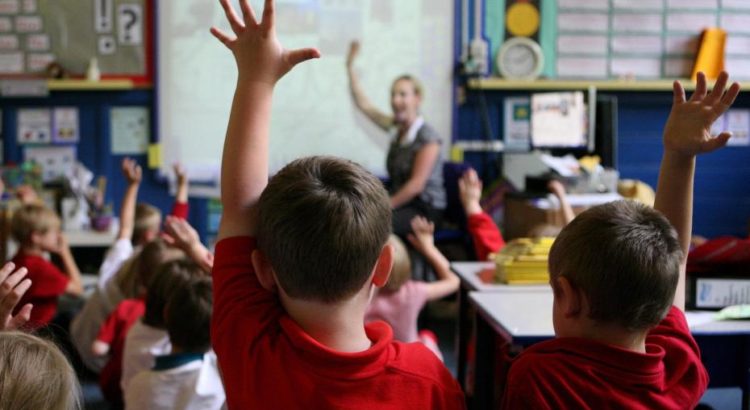Pakistan/May 15, 2018/BY HAMID KHAN WAZIR/ Source: https://www.pakistantoday.com.pk
The leadership of almost all major political parties have signed reform agenda called “Charter for Education”, committing to increase the provincial and federal education spending to 4 per cent of the GDP, supported by substantial governance reforms to ensure that the allocated funds are spent effectively and transparently.
The leadership of almost all major political parties made the commitment in a landmark education conference titled Ailaan-e- Amal hosted by education campaign Alif Ailaan here on Monday.
All the parties have committed to ensuring that the agreed charter will be adopted into their respective election manifestos, besides committing to developing a plan of implementation within 100 days of the oath-taking of the future chief ministers after the upcoming elections.
Political parties including Pakistan Muslim League-Nawaz (PML-N), Pakistan People’s Party (PPP), Pakistan Tehreek-e-Insaf (PTI), National Party (NP), Awami National Party (ANP), Jamat-e- Islami (JI), Qaumi Watan Party (QWP), Pak Sarzameen Party (PSP), Muttahida Qaumi Movement (MQM), Pakistan Muslim League-Quaid (PML-Q), Jamiat Ulema-e-Islam Fazl (JUI-F), PkMAP and BNP-M pledged to go beyond political differences and proceed with national reform agenda for education.
Punjab School Education Minister Rana Mashood, KP Education Minister Muhammad Atif Khan, ANP’s Afrasiab Khattak and Sardar Hussain Babak, PTI’s Chaudhry Muhammad Sarwar and PPP MNA Dr Azra Pechuho among others attended the conference.
The conference discussed improving learning outcomes in schools and delivering on the state’s obligation to provide compulsory and free education for all children between the ages of 5-16 and continue support for the provision of quality education to all Pakistani children. Besides that, all provinces were also asked to commit a minimum of 20 per cent of their budget for education annually.
The conference also agreed on a standard career plan for all recruited teachers and clear distinction between teaching paths and management paths, besides reaffirming merit-based recruitment.
Speaking on the occasion, Chaudhry Muhammad Sarwar stated that in a country like Pakistan, where 23 million children were still out of school, a national emergency must be declared after the general elections. “We will need to set strict targets to get them all in school and get them learning.”
Dr Azra Pechuho was of the view that there is a need for legislation extending beyond the provision of free and compulsory education to legislation on quality, teacher availability and budget utilization.
Punjab School Education Minister Rana Mashhood stated that it was heartening to see that all provincial governments have prioritized education since 2013 and Punjab, specifically, focused on providing quality education.
Speaking on the occasion, Ajmal Khan Wazir said that it was shocking to know that FATA was even not included in the draft despite having many out of school children. He added that the long-deprived area must be included and all political parties should play their part to develop the area.
Source:
https://www.pakistantoday.com.pk/2018/05/14/political-parties-commit-to-increase-education-spending-to-4pc-of-gdp/










 Users Today : 4
Users Today : 4 Total Users : 35403197
Total Users : 35403197 Views Today : 5
Views Today : 5 Total views : 3332444
Total views : 3332444